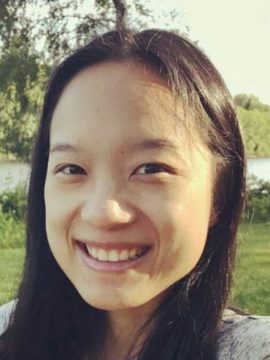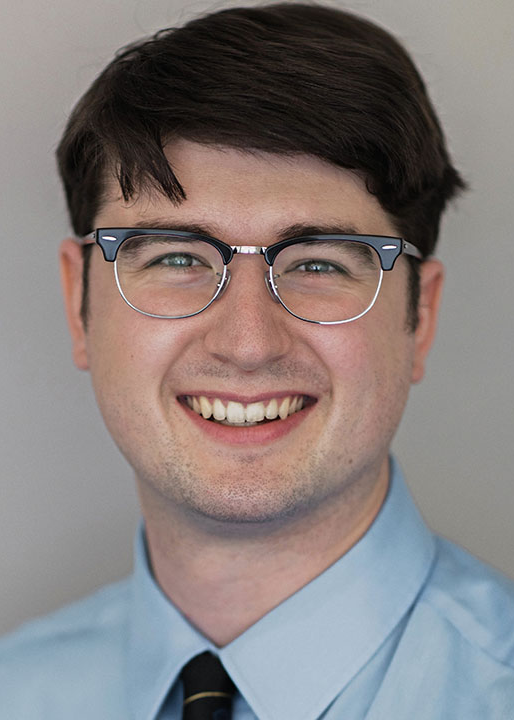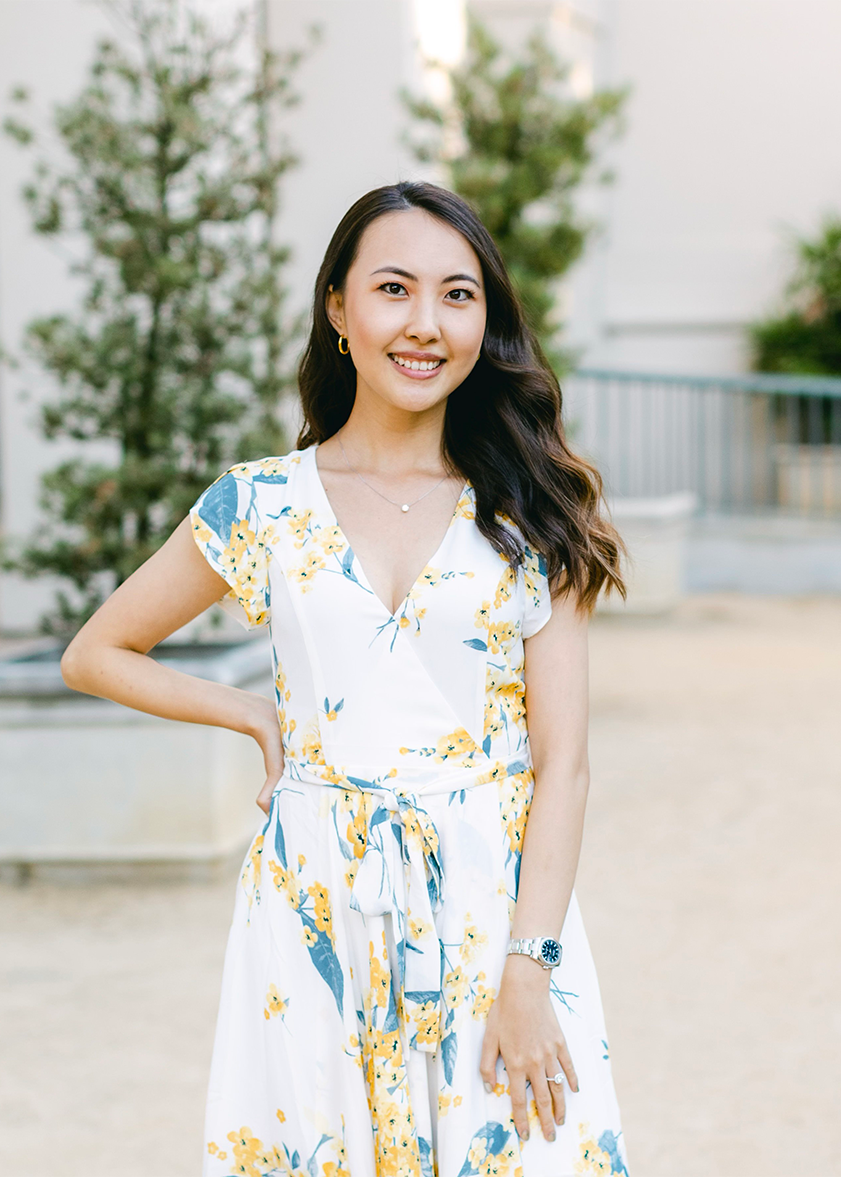Brenda Yuen

A version of this interview originally appeared on the alumni UBC website, August 2018.
What is your current role?
I work as an International Baccalaureate-trained, early years educator in Hong Kong, currently with the English Schools Foundation. I work collaboratively with other teachers in my grade level (children age 4-5) along with my two educational assistants to carry out the IB curriculum.
What factors led you to enter your current field of work?
During my studies at UBC, education was not on my radar at all. Between school years, I spent summers in Hong Kong and taught English to young children as a summer job. I realized that I enjoyed it and that it could be something to look into as a career option. After completing a BA in Psychology, it was clear that my passion was not in academia (the path I initially dreamed of taking), but in teaching. After university, I immediately enrolled myself in an Early Childhood Education course and got my qualifications as an Early Childhood Educator.
How do you define success?
Success is when you have an exciting goal in life, and you find joy in the process of reaching it.
If you weren’t in your current professional role, what would you be doing?
I’d be a children’s librarian! I love sourcing quality books for my teaching practice and I believe in the power of stories in enriching children’s lives and potential.
What are some of the ways you build and nurture your professional network, and how has this benefited your career?
In education, there is a big emphasis on life-long learning especially with research-driven curriculums. Many workshops and conferences I attend are great opportunities for networking. I also actively sign up for online conferences and webinars, where educators from around the world can connect and share ideas. Many schools I’ve worked at are small, due to the age group that I teach, and being able to connect to educators outside of school have kept me inspired and motivated to try out new things.
What are the strategies you use to remain resilient during challenging situations?
I always think back to why I chose to work in this field – the children. Most challenges stem from school policies, curriculum, and parent communication. When tackling these situations, I always advocate on behalf of the child and think about what is in their best interests. At the end of the day, I’m working with children in their first years of life, so their mental health and well being is always the priority.
Brenda Yuen



A version of this interview originally appeared on the alumni UBC website, August 2018.
What is your current role?
I work as an International Baccalaureate-trained, early years educator in Hong Kong, currently with the English Schools Foundation. I work collaboratively with other teachers in my grade level (children age 4-5) along with my two educational assistants to carry out the IB curriculum.
What factors led you to enter your current field of work?
During my studies at UBC, education was not on my radar at all. Between school years, I spent summers in Hong Kong and taught English to young children as a summer job. I realized that I enjoyed it and that it could be something to look into as a career option. After completing a BA in Psychology, it was clear that my passion was not in academia (the path I initially dreamed of taking), but in teaching. After university, I immediately enrolled myself in an Early Childhood Education course and got my qualifications as an Early Childhood Educator.
How do you define success?
Success is when you have an exciting goal in life, and you find joy in the process of reaching it.
If you weren’t in your current professional role, what would you be doing?
I’d be a children’s librarian! I love sourcing quality books for my teaching practice and I believe in the power of stories in enriching children’s lives and potential.
What are some of the ways you build and nurture your professional network, and how has this benefited your career?
In education, there is a big emphasis on life-long learning especially with research-driven curriculums. Many workshops and conferences I attend are great opportunities for networking. I also actively sign up for online conferences and webinars, where educators from around the world can connect and share ideas. Many schools I’ve worked at are small, due to the age group that I teach, and being able to connect to educators outside of school have kept me inspired and motivated to try out new things.
What are the strategies you use to remain resilient during challenging situations?
I always think back to why I chose to work in this field – the children. Most challenges stem from school policies, curriculum, and parent communication. When tackling these situations, I always advocate on behalf of the child and think about what is in their best interests. At the end of the day, I’m working with children in their first years of life, so their mental health and well being is always the priority.



